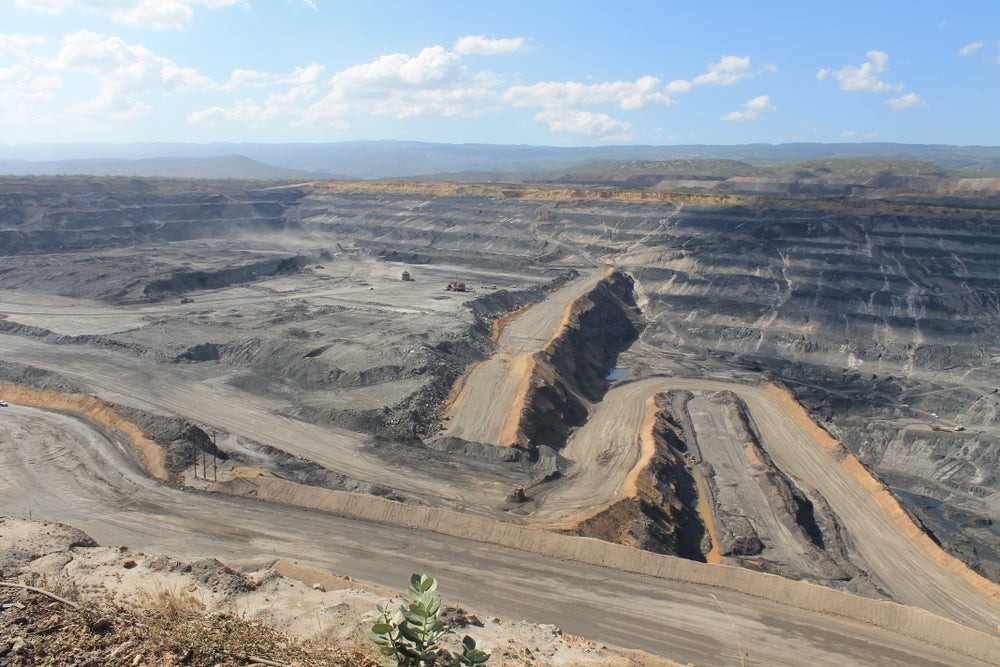Mining is a key export industry in Colombia. Credit: Paola Serna via Shutterstock.
The Government of Colombia has published a draft decree that seeks to establish temporary natural reserves to protect ecosystems from mining operations. Individuals, companies and associations can comment on the decree.
The decree was issued by the Ministry of the Environment following a Council of State ruling last week. Under the ruling, relevant ministries must now set temporary protected areas while long-term nature reserves are established.
“Order is key to responsible growth,” said Environment Minister Susana Muhamad in a tweet on Wednesday. The ruling seeks to rectify “the massive mining disorder generated by previous governments”, she added in a video statement also posted to her Twitter.
The decree was issued in compliance with a Council of State ruling that calls on the Ministry of Mines and Energy to reduce its environmental impact, Muhamad added.
Last year, Colombia’s Government announced its intention to overhaul the system through which mining licenses are granted in the country.
“We plan to regulate the licence for exploration, especially those that are on a large scale,” Muhamad told the Financial Times in September. “It is important to do so as there has been a lot of social and environmental conflict due to exploration and this would reduce that.”
The government will also be scrutinising existing mining titles that were awarded without thorough consideration of environmental impact, she added.
Muhamad assured miners in Wednesday’s video that “a mining company that already has a mining licence, a work plan, a concession, and is operating in a responsible manner and observing all legal requirements, will be allowed to continue doing so.”
Colombia’s mining industry is extensive. The country is the largest coal producer in Latin America and holds significant deposits of copper, gold, nickel and emeralds. In 2021, mining exports made up 24% of the country’s total exports and 2.3% of gross domestic product.
Current President Gustavo Petro began his presidency on 7 August 2022, and is the first left-wing politician to lead the country. Environmental policies are central to his presidency as he seeks to reduce Colombia’s economic reliance on oil and gas amid climate concerns.
Muhamad’s announcement came on the same day that Colombia’s Minister of Mines and Energy resigned from the government after two state bodies opened investigations against her for the possible crime of influence peddling.
This article was published by: Florence Jones
Visit the original article here



